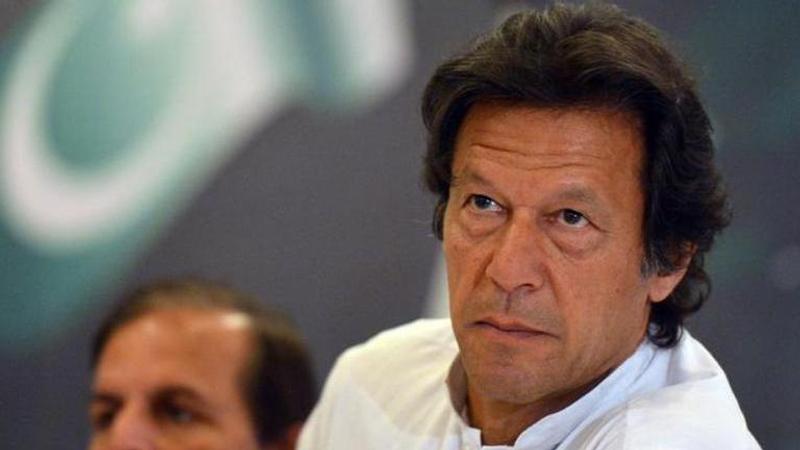Published 08:21 IST, May 8th 2020
Pakistan’s religious minorities continue to suffer: HRCP
Religious minorities in Pakistan, including the Hindu and Christian communities, continued to suffer in 2019, facing forced conversions and persecution under blasphemy laws, according to the country's human rights commission.

Religious minorities in Pakistan, including the Hindu and Christian communities, continued to suffer in 2019, facing forced conversions and persecution under blasphemy laws, according to the country's human rights commission. The Human Right Commission of Pakistan (HRCP) said that religious minorities remained unable to enjoy the freedom of religion or belief guaranteed to them under the country’s Constitution.
In its annual report – State of Human Rights 2019 -- released here, the HRCP said: "For minority Ahmadiyya community in Punjab, this included the desecration of several sites of worship. Both the Hindu and Christian communities in Sindh and Punjab continued to report cases of forced conversion.”
In Punjab, girls as young as 14, were forcibly converted and coerced into marriage. In Sindh, the case of two Hindu girls whose families claimed they had been kidnapped for marriage and converted forcibly, drew widespread attention when the Islamabad High Court ruled that the girls were not minors at the time of marriage and allowed them to return to their spouses.
"In January, the Supreme Court created a one-person commission to report on the implementation of the 2014 judgment on the protection of minorities’ rights and promotion of a culture of religious and social tolerance," the report said. "The 22-member parliamentary committee to protect minorities from forced conversions was finally notified in November and tasked with framing legislation against forced conversions.” It said.
“The job quota for religious minorities has yet to be implemented. The ordeal of Aasia Bibi, who was convicted of blasphemy in a high profile case in 2010 and then acquitted in 2018, finally ended in January when the Supreme Court threw out a review petition against her acquittal. She left the country in May to be reunited with her family," the report said. It says the Ahmadi community faced constant persecution and discrimination.
In June, four teenagers on their way home after playing cricket set on fire a watchman’s cabin outside an Ahmadi worship place in Wah Cantt. They were identified from CCTV footage and arrested. In April, the Lahore High Court ordered the recovery of a 14-year-old Christian girl from the illegal custody of a Muslim man, Mohammad Zafar, in Faisalabad and sent her back to her family.
She confirmed that she was abducted and sold to Zafar, who forced her to convert before coercing her into marriage. A certificate from a local seminary said the girl had embraced Islam out of her ‘free’ will and had been named Ayesha. In September, a 15-year-old Christian girl from Hafizabad was recovered from a madrassah where she had been taken by her school principal.
The girl said that her teacher had told her she had automatically become a Muslim because she was studying Arabic. Cases of kidnapping and forced conversion in Hindus are always accompanied by controversy over whether the girls involved converted and married of their own free will.
A group of Hindu community members took to the streets of Rahim Yar Khan in April, protesting against the forced conversions of girls. Three people in Bahawalpur were charged with abducting a 12-year-old Hindu girl, Kashmala Devi when she went with members of her family to harvest the wheat crop in the fields of two of the suspects.
Highlighting the plight of women in Pakistan, the report says in December, Pakistan was ranked at 151 out of 153 by the World Economic Forum on the Global Gender Gap Index.
“Despite the legislation enacted to protect and promote women’s rights in recent years, violence against women has escalated. Women continued to face discrimination in employment, financial inclusion, political representation, and access to connectivity and education. In its second year, Aurat March gave women across Pakistan a public space to articulate their issues, but not without inviting undue criticism and harassment.”
Updated 08:21 IST, May 8th 2020




